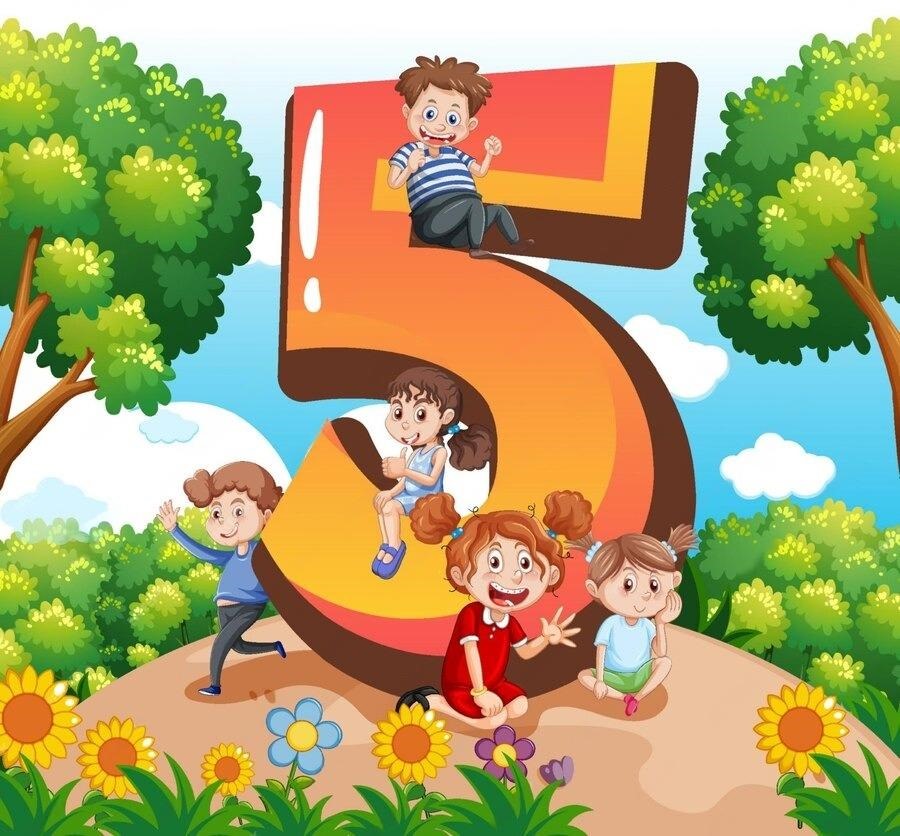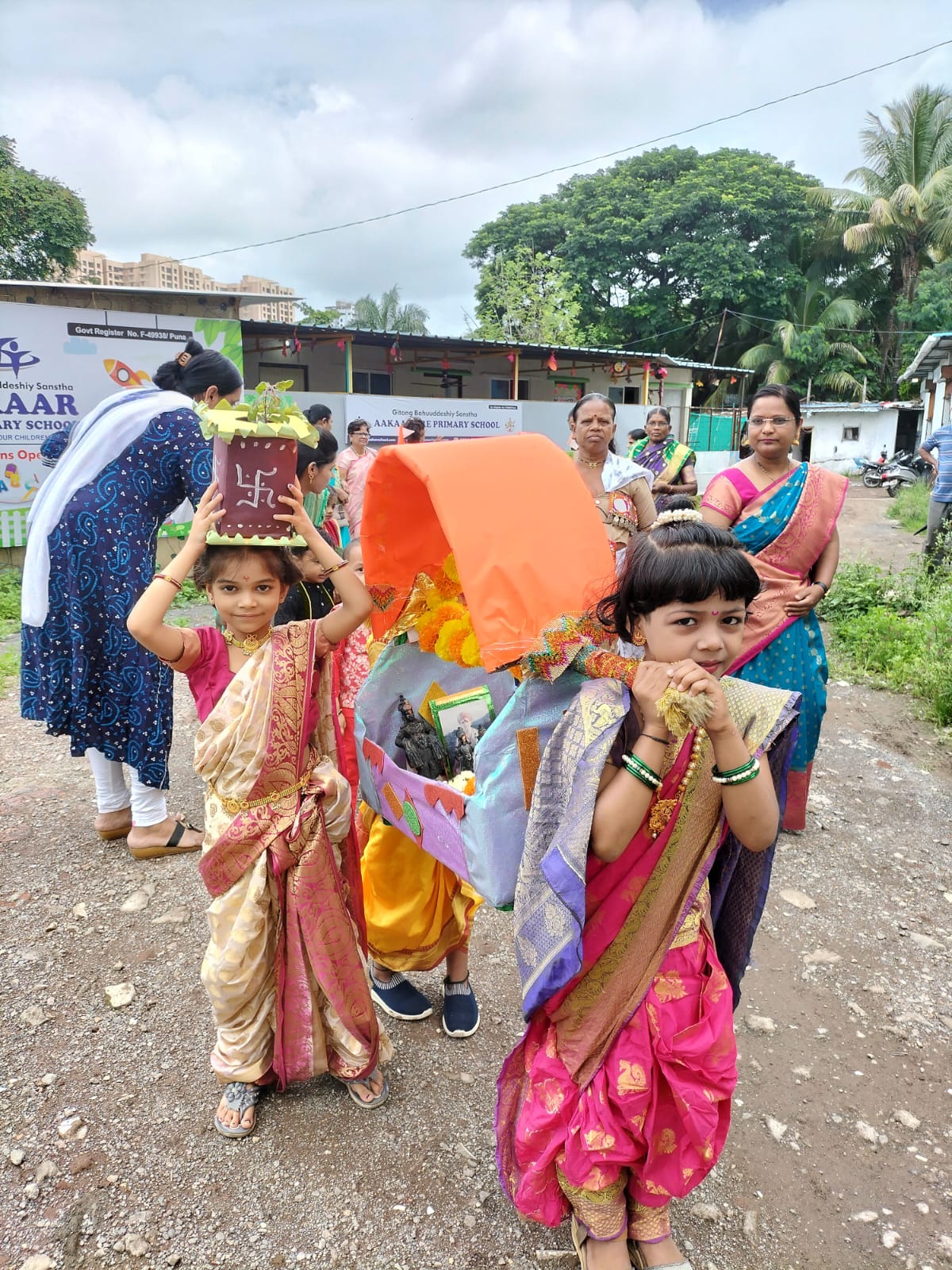Program Details
Home>Programs
Playgroup
The playground is an outdoor area where children can engage in physical activities, play, and interact with their peers. It is designed to be safe and stimulating, encouraging physical development and social skills. Playgrounds typically include swings, slides, climbing structures, and open spaces for games and sports. They offer a space for children to explore, take risks within a safe environment, and develop coordination and balance.
Inclusive Design
Supervision
Variety of Equipment
Safety
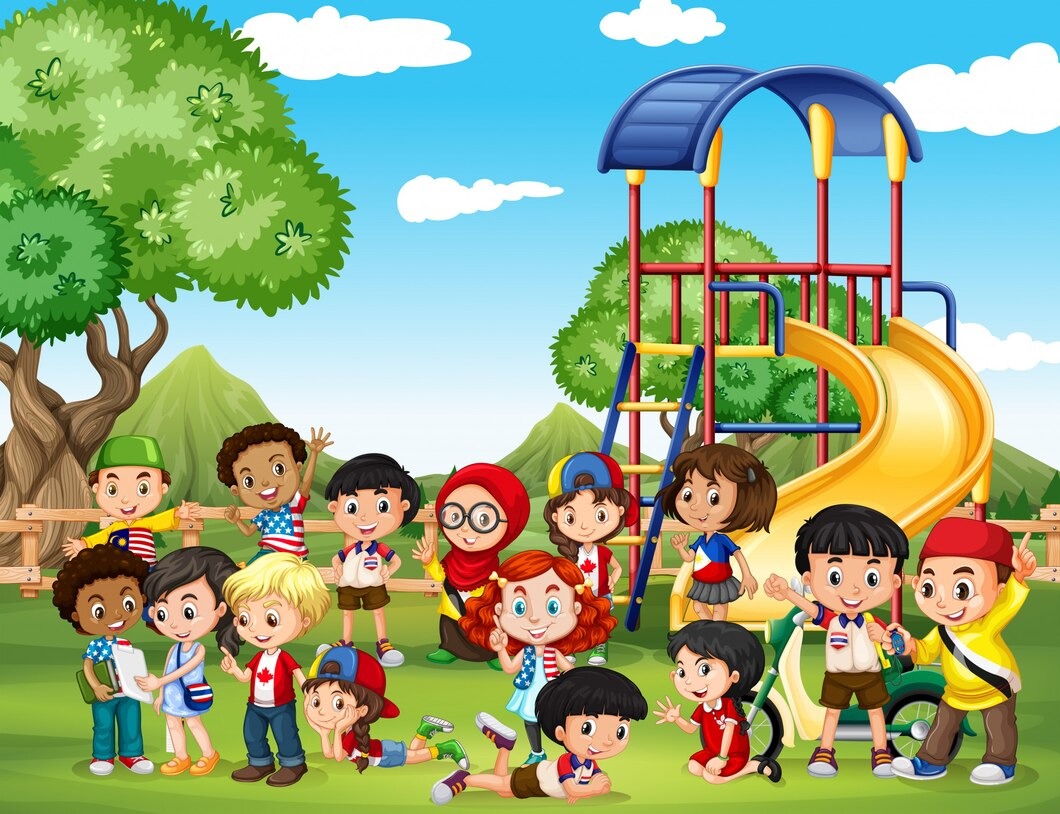

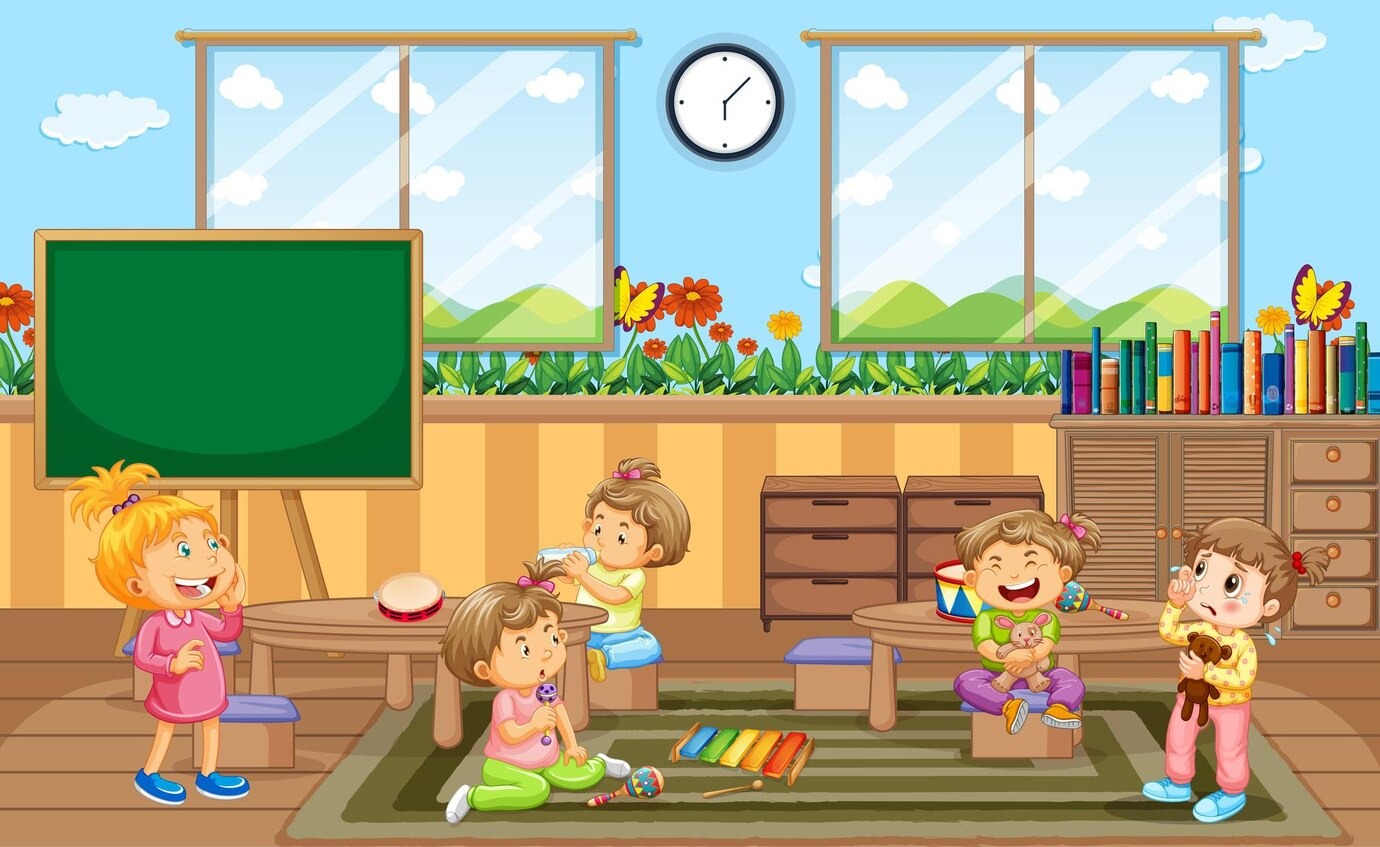

Nursery
Nursery is the first step in formal education for young children. It focuses on developing basic social, emotional, and cognitive skills through play-based learning. Activities include storytelling, singing, drawing, and simple games that foster creativity and communication. The environment is nurturing and supportive, helping children build confidence and a love for learning. Teachers provide gentle guidance and positive reinforcement.
Safe Environment
Social Interaction
Structured Routine
Educational Toys
LKG
LKG builds on the foundation laid in nursery, introducing more structured learning activities while still emphasizing play and social development. Children start learning basic literacy and numeracy skills through interactive and fun activities. There is a focus on fine motor skills through activities like drawing and cutting. Social skills are further developed through group play and cooperative tasks.
Social Skills
Physical Activity
Creative Play
Early Literacy and Numeracy
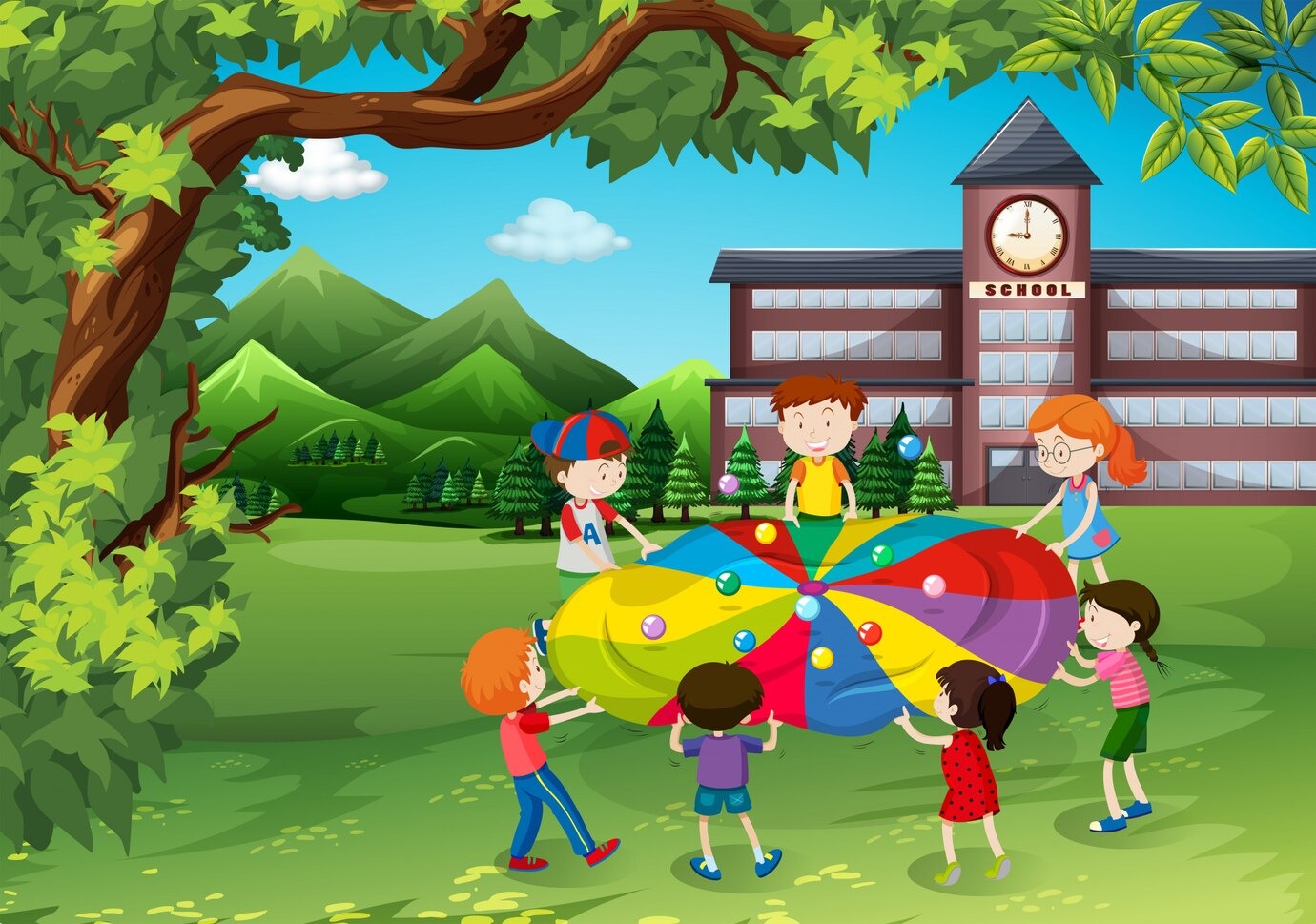

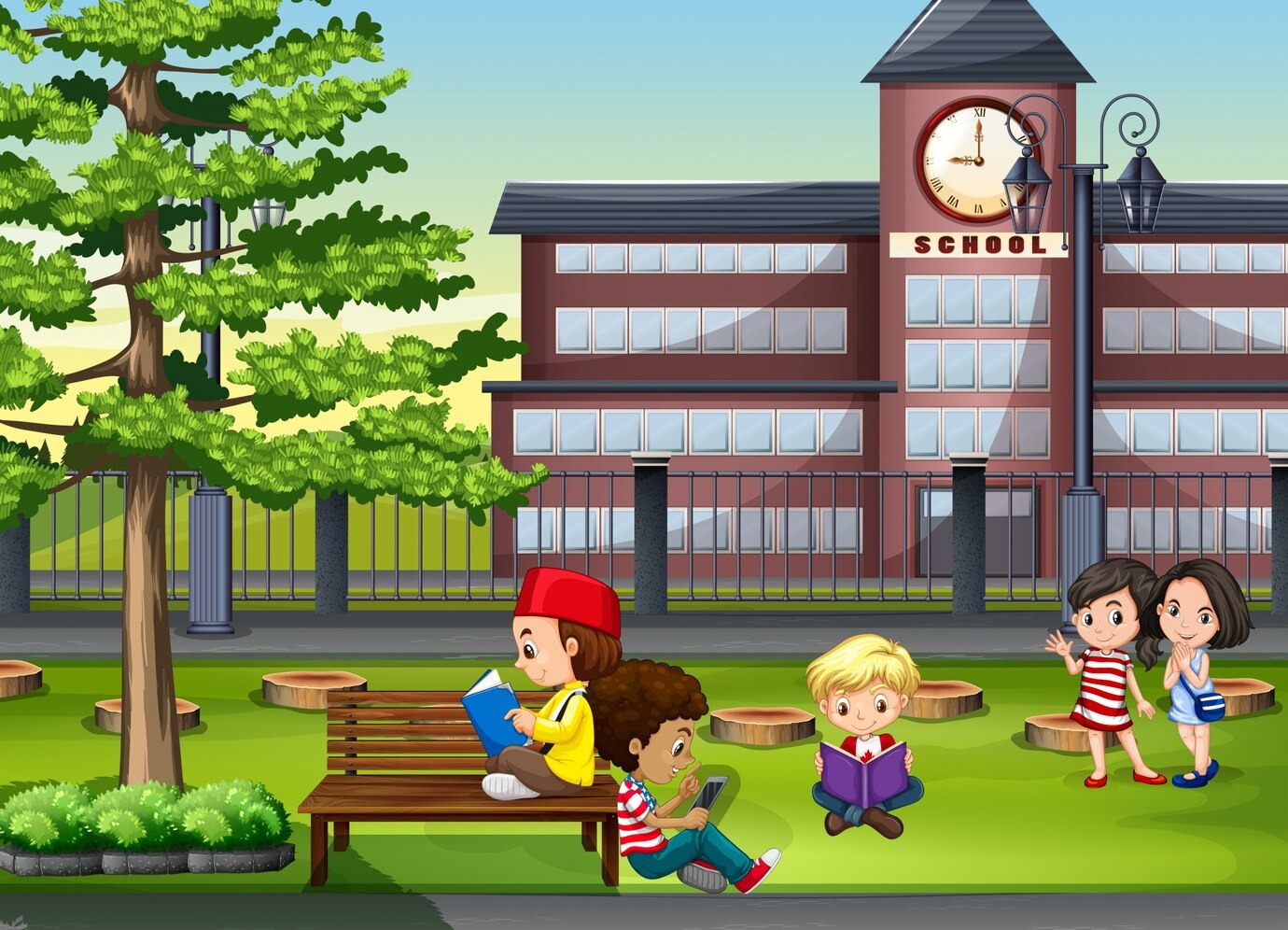

UKG
UKG prepares children for formal schooling by introducing more advanced concepts in a playful and engaging manner. Children learn to read simple sentences and do basic arithmetic. The curriculum is designed to be enjoyable, with a mix of educational games, arts and crafts, and physical activities. UKG helps in developing discipline, routine, and a structured approach to learning.
Social and Emotional Development
Problem-Solving Skills
Structured Curriculum
Advanced Literacy and Numeracy
1st Standard
Grade 1 marks the beginning of formal education, focusing on foundational skills in various subjects. Children are introduced to structured learning in subjects like reading, writing, math, and basic science. The emphasis is on building literacy and numeracy skills through engaging and interactive lessons. This grade also encourages the development of independence and responsibility in learning.
Physical Education
Interactive Learning
Reading and Writing
Core Subjects
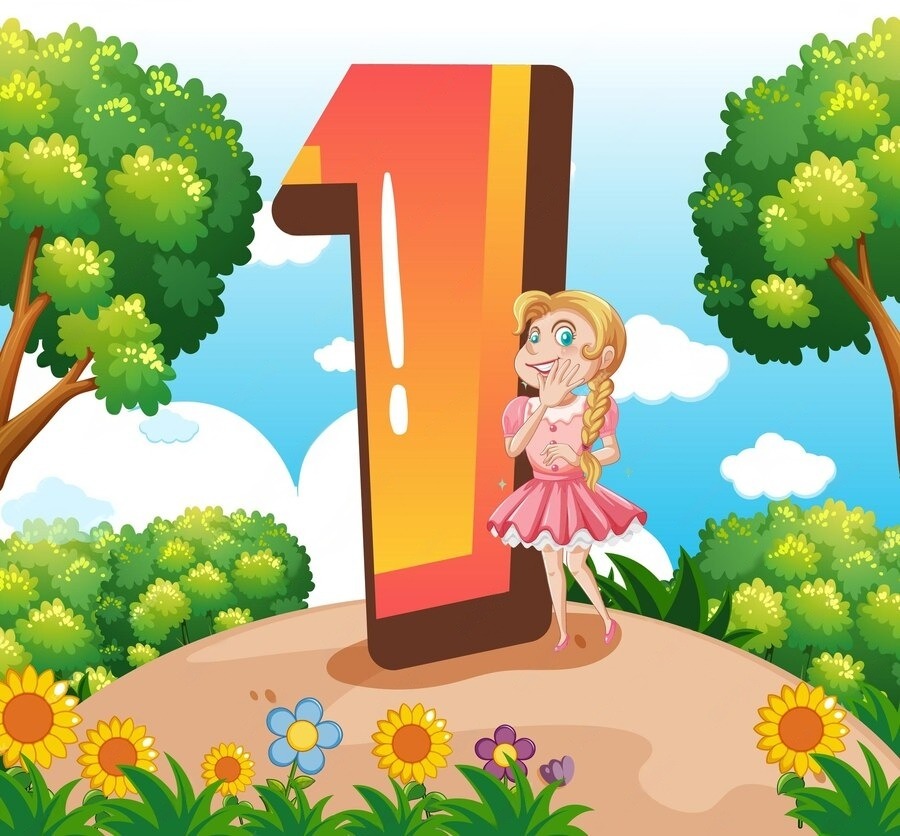

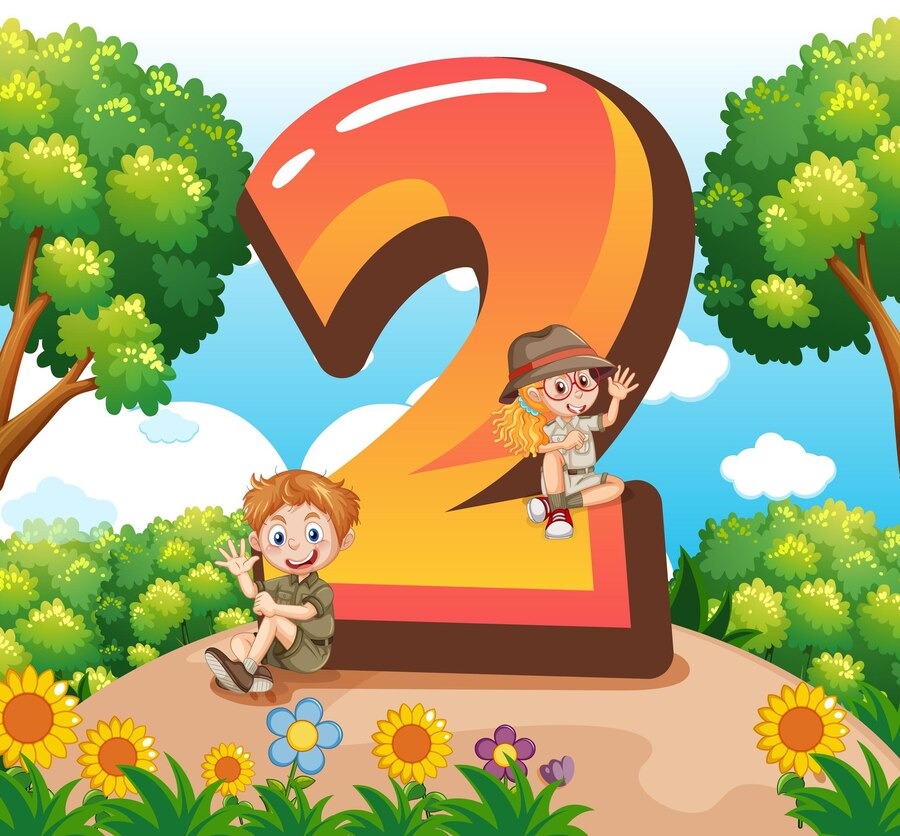

2nd Standard
Grade 2 builds on the skills learned in Grade 1, introducing more complex concepts and fostering independence. Children begin to read more fluently, write short paragraphs, and solve simple math problems. Science and social studies become more detailed, promoting curiosity and understanding of the world. This grade also emphasizes critical thinking and problem-solving skills through various activities and projects.
Project-Based Learning
Mathematical Concepts
Reading Comprehension
Enhanced Curriculum
3rd Standard
Grade 3 emphasizes the application of knowledge and skills through more complex assignments and projects. Students engage in deeper exploration of subjects, with a focus on comprehension and analytical skills. They begin to write essays, conduct simple experiments, and work on collaborative projects. Grade 3 encourages self-directed learning and time management skills, preparing students for higher academic demands.
Group Work
Scientific Exploration
Writing Skills
Critical Thinking
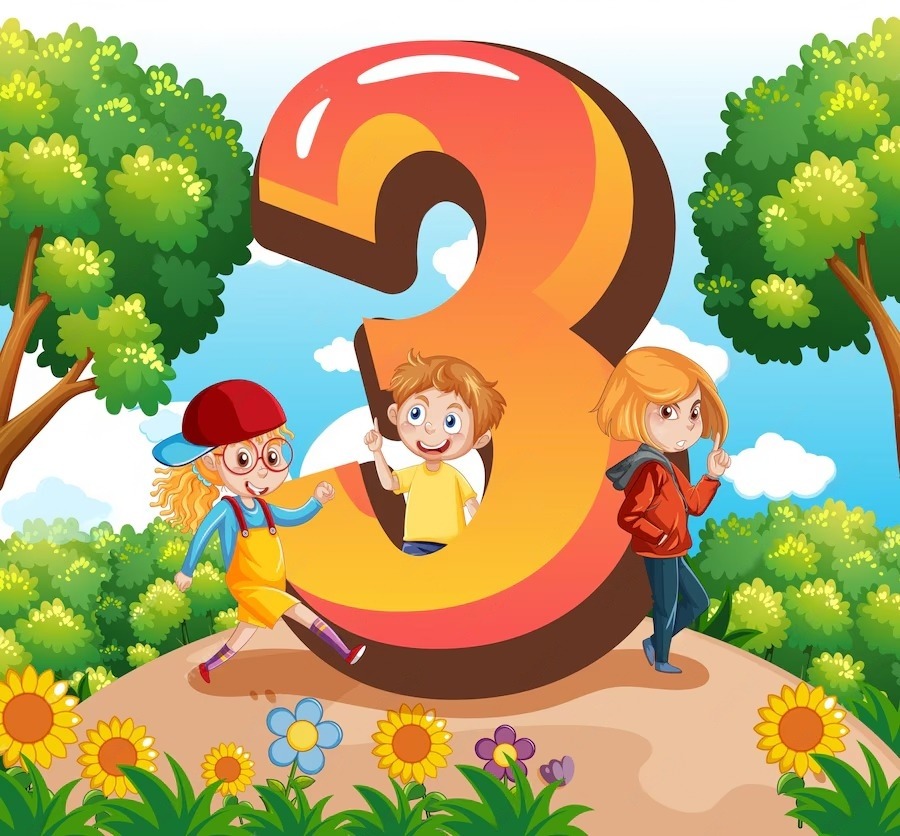

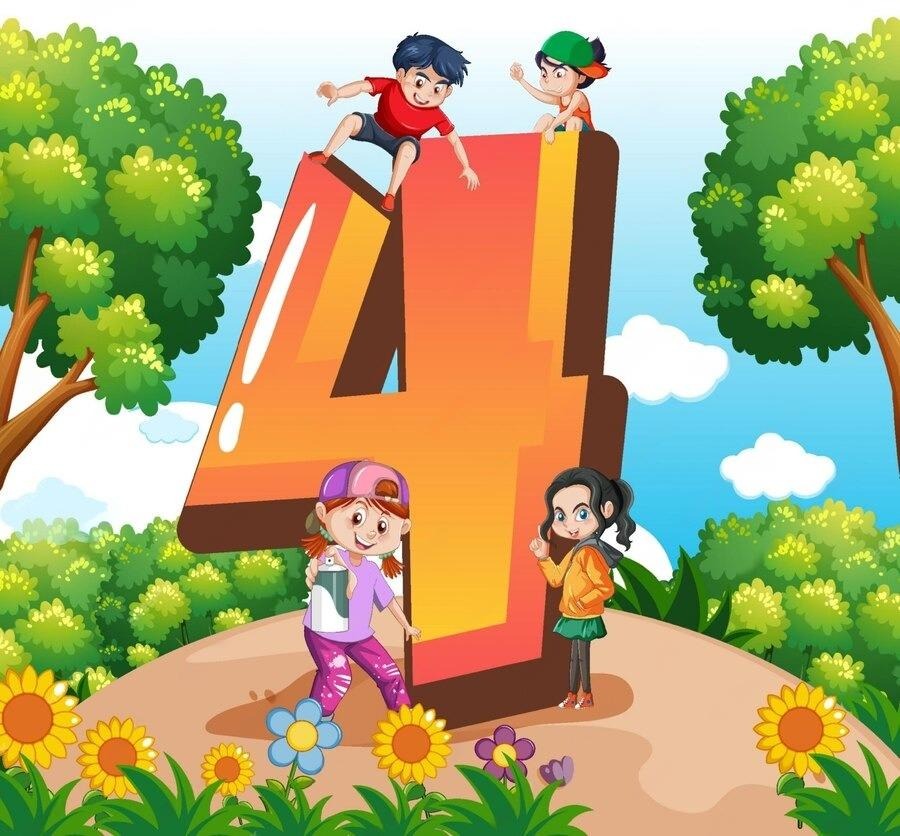

4th Standard
Grade 4 focuses on further developing academic skills and preparing students for more independent learning. Students are expected to understand and apply concepts in subjects like mathematics, science, and language arts. They engage in more detailed research projects, presentations, and group work. Critical thinking and problem-solving are emphasized, along with fostering a sense of responsibility and independence.
Extracurricular Activities
Mathematical Problem-Solving
Research Skills
In-Depth Learning
5th Standard
Grade 5 prepares students for the transition to upper primary school, with a focus on advanced concepts and independent learning. The curriculum includes more complex topics in all subjects, encouraging deeper understanding and critical analysis. Students are given more responsibility for their learning, with projects and assignments that require independent research and presentation skills. This grade helps build confidence and readiness for the challenges of upper primary education.
Leadership Opportunities
Presentation Skills
Independent Learning
Advanced Curriculum
